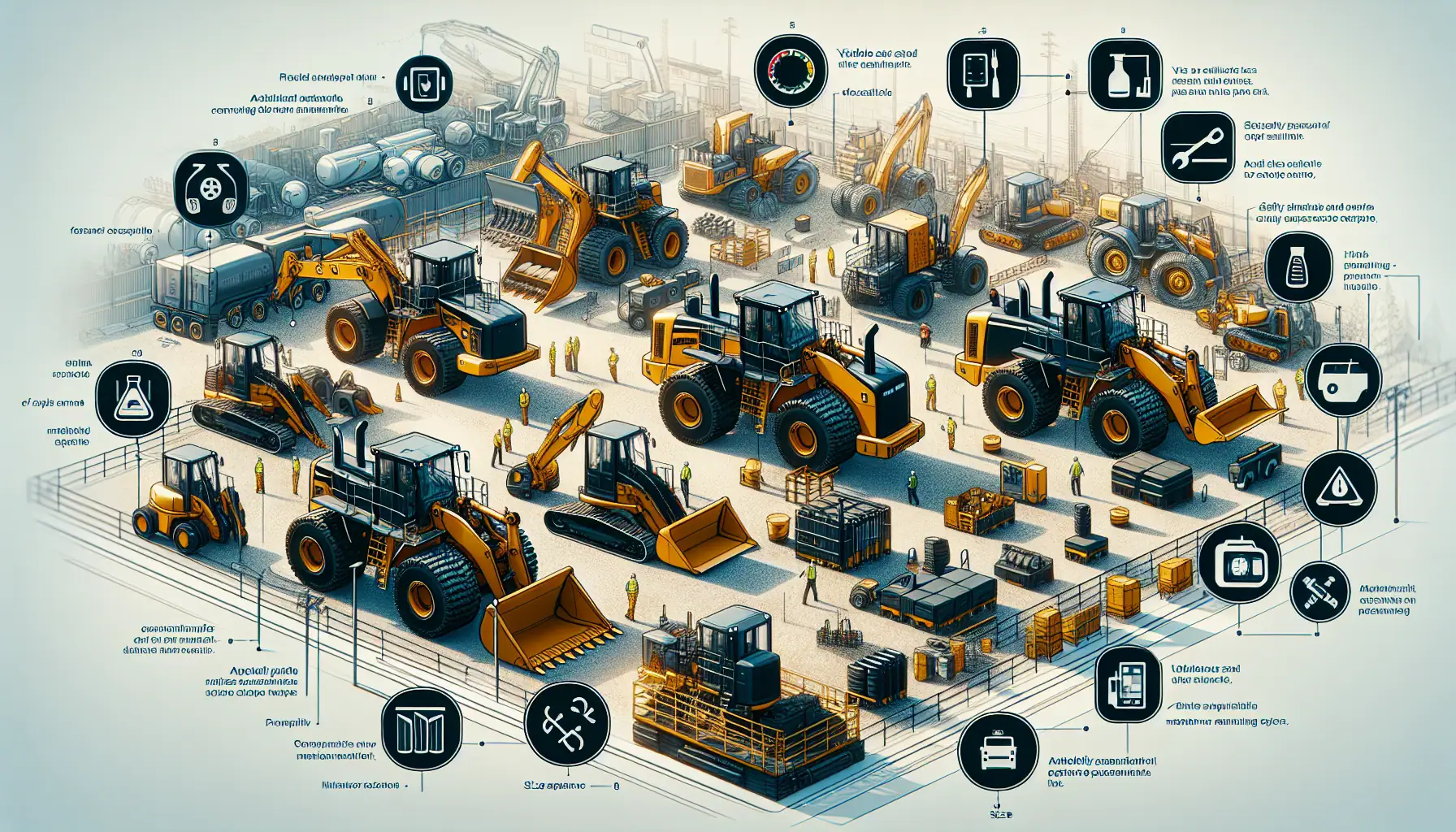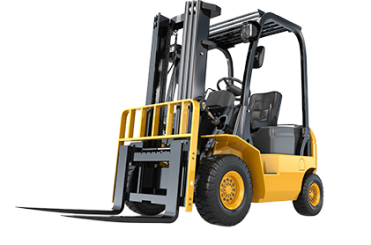The Basics Overview to Leasing Excavators for Building Projects
Leasing excavators for building jobs is a vital choice that requires a thorough understanding of various aspects to make sure both performance and cost-effectiveness. From selecting the proper excavator kind and size to working out rental terms and making certain safety and security protocols, each action plays a crucial duty in the general success of your job.
Kinds of Excavators
Excavators can be found in numerous types, each developed to carry out details tasks in construction tasks. The most usual type is the common excavator, likewise referred to as a crawler excavator, which is common on most task sites for its versatility in digging, product, and trenching handling. These devices operate on tracks, giving security and mobility over irregular surface.
Another important variation is the mini excavator, treasured for its portable size and dexterity. Perfect for little to medium-sized projects, mini excavators succeed in restricted rooms where larger equipments would have a hard time. They are frequently utilized for landscaping, utility work, and small demolition.
For projects needing extensive reach, the long-reach excavator is crucial. Furnished with a longer boom and arm, these machines can operate in areas that are difficult to gain access to, such as across water bodies or deep excavations.
Lastly, there are specific excavators like the suction excavator, which makes use of high-powered fans to vacuum up dirt and particles, making it suitable for delicate below ground utilities. The dragline excavator, another specialized type, is often utilized in large civil design projects like canal dredging and mining due to its capacity to lift hefty loads over cross countries.
Selecting the Right Dimension
Selecting the ideal size of an excavator is critical for the performance and success of any construction project. The size affects not just the device's ability to deal with specific jobs yet also the operational costs and website accessibility. Excavators can be found in various sizes, from small systems suitable for small-scale property tasks to big makers made for substantial industrial or industrial undertakings.
When determining on the excavator dimension,Comprehending the scope of the project is important. For confined jobs or rooms calling for accuracy, such as trenching for energy lines, a compact or small excavator is excellent. These equipments offer agility and ease of maneuverability without endangering on power. Alternatively, massive earthmoving procedures, like road building or big structure digs, require the use of conventional or large excavators. These versions supply enhanced reach, greater pail capability, and premium excavating force.
Think about the website's terrain and access points. Bigger excavators may encounter difficulties in unequal or limited locations, making smaller sized models extra functional. By thoroughly assessing these variables, building supervisors can ensure they select an excavator size that maximizes efficiency and minimizes job hold-ups.
Rental Agreement Essentials

Just as important is the comprehensive malfunction of prices. This consists of the daily, once a week, or monthly rental prices, and any kind of added costs such as shipment, cleaning, or gas costs. It's recommended to ask about prospective fines for late returns or damages to stay clear of unexpected expenses.
The condition of the excavator at the time of rental must also be well-documented. Make sure the arrangement consists of a detailed inspection record that notes any kind of pre-existing damage. This safeguards you from obligation for problems that were existing before your rental period began.
Insurance coverage is another critical aspect. Confirm whether the rental business supplies insurance coverage or if you need to secure your own policy. Comprehend the terms for devices upkeep and repair services. Understanding your obligations for upkeep throughout the rental period will aid maintain the excavator in ideal working problem, decreasing downtime and boosting project performance.
Maintenance and Safety And Security Tips
When handling excavators on a construction site, abiding by try this proper upkeep and safety protocols is essential for making certain both operational performance and employee safety - heavy equipment rental Bremen GA. Routine maintenance checks must be performed to determine and resolve possible problems prior to they escalate. Secret locations to check consist of hydraulic systems, engine components, and undercarriage parts. Lubricating relocating components and guaranteeing fluid levels are optimum can avoid expensive downtime and expand the device's operational lifespan.
Operators should be extensively educated and certified to handle excavators, recognizing the equipment's constraints and controls. It's necessary to carry out daily evaluations, concentrating on safety attributes such as alarm systems, seat belts, and emergency situation shutoff switches.
Applying a durable upkeep schedule and promoting a culture of safety and security can reduce risks significantly. Constantly seek advice from the manufacturer's manual for particular upkeep periods and security standards. By focusing on these aspects, building and construction projects can continue smoothly, minimizing interruptions and making certain a safe working environment for all employees involved.
Cost-Saving Methods
Reliable cost-saving methods are essential for making the most of the return on financial investment when renting out excavators for building tasks. One vital strategy is to conduct a detailed demands assessment before leasing. Comprehending the details requirements of your task aids in picking the right type and size of excavator, avoiding unnecessary expenditures on extremely customized or extra-large equipment.
Another important technique is to bargain rental terms. Several rental business provide flexible pricing structures, especially for long-term services. Developing an excellent connection with the rental supplier can likewise result in loyalty discounts and far better terms. Furthermore, booking ahead of time can often secure reduced rates contrasted to last-minute rentals.

Lastly, take into consideration the complete cost of ownership, consisting of fuel, insurance coverage, and transport. Packing these solutions with the rental agreement can typically result in a much more favorable overall bundle. By executing these methods, construction projects can accomplish substantial price effectiveness while making sure functional performance.
Conclusion
In conclusion, the critical option and rental of excavators for construction projects demand a thorough understanding of excavator types, appropriate sizing, and the intricacies of rental agreements. Emphasizing routine upkeep and safety and security methods is critical to ensuring functional efficiency and reducing risks. Executing cost-saving techniques with thorough preparation and settlement can additionally improve job performance while managing expenses. Sticking to these standards will certainly add dramatically to the effective execution of construction endeavors.
From choosing the appropriate excavator type and dimension to making certain and discussing rental terms safety and security methods, each step plays a pivotal function in the overall success of your job. dozer rental Bremen GA. The most typical kind is the conventional excavator, additionally known as a crawler excavator, which is common on many work sites for its adaptability in from this source product, digging, and trenching handling. By completely evaluating these variables, construction supervisors can guarantee they pick an excavator dimension that enhances performance and minimizes project delays

Understanding i loved this your duties for maintenance throughout the rental duration will assist keep the excavator in optimum functioning problem, minimizing downtime and enhancing project effectiveness.
In final thought, the calculated option and service of excavators for construction projects require a thorough understanding of excavator kinds, ideal sizing, and the complexities of rental agreements.